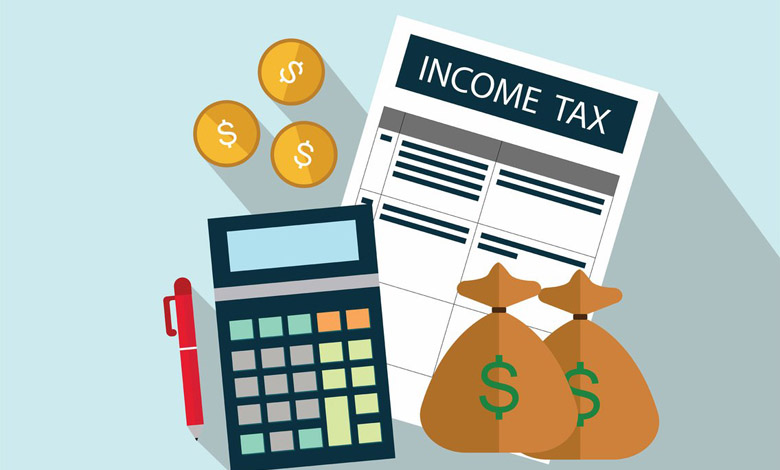Every day many an individual meets the tax consultants to get out of IRS tax problems. Though the problem is of grave nature but there are some effective solutions to elbow the tax payees out of it. Make sure to follow them and you will certainly heave a sigh of relief.
The easiest option to get rid of IRS tax problems is paying off the full amount. Once you are done with the payment, the authority gets all the levies and liens removed. But paying off the outstanding dues at a time requires huge bulk. Here springs up an inevitable question. If everyone could have afforded to make that payment, why would have they evaded tax?
If you do not have a solid source to make the full payment, then you can go for the installment option to melt your tax problems. In reality, when you choose to pay off in installments, it is nothing but a loan from the IRS authority. The authority will not check your current credit status but you have to pay the interest till the full amount is paid off. The installment payment option is ideal for those who want to disentangle themselves from IRS tax problems but can not pay off at a time.
An offer-in-compromise is a good option to solve the IRS tax problems. But the offer of such facility is restricted to a few selected cases only. In these special cases, IRS has immense power to take decision regarding settlement or compromise by agreeing to accept less than full payment by the tax payee. But accessing such an offer is not easy. IRS is cautious to check if an applicant does not have enough resources to repay the owed amount in full. To qualify for such a facility to get out of the tentacles of IRS tax problems you must make a clear demonstration of your plight in the event of tax collection. With this option, your tax problems will ease to some considerable extent.
There is another option called currently-not-collectibles to favor the tax payees who can not pay off the taxes at present. IRS takes initiatives to collect the owed taxes and it takes a toll on those who can not afford to make full or even partial payment. IRS adopts the status of currently-not-collectibles to prevent them from slithering down into the financial hardships. A size able number of tax payers tries to avail this facility to shake off the tax problems temporarily. To be eligible for the status, the tax payer’s expenses must be more than or closer to his income. IRS authority will also take your assets into consideration prior to including you in the above said status. Once you get the status, IRS will stop all the tax collection activities including levies and garnishments. So you will have some relief from existing Tax problems. IRS will send you an annual report about the owed amount of tax and check your account periodically to find out if your financial status has improved or not. In the event of no improvement, you will still be considered to qualify for currently-not-collectibles status. Remember that even though the tax collection activities will stop, IRS will not stop adding penalties and interest but will not try to extract them from you.



